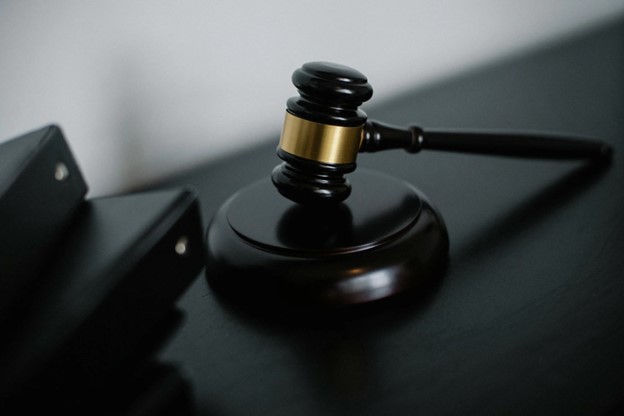
Handling a significant legal case isn’t just about showing up in court. A lot goes on behind the scenes before a case makes it that far. Attorneys need to be meticulous, organized, and strategic in their approach. Whether it’s a class action lawsuit, a major business dispute, or something like a complicated employment case, attorneys must follow a clear process to give their clients the best shot at success.
The foundation of any large case starts with gathering all the facts. Attorneys need to dig into every detail that could support their argument or defend against the other side’s claims. This involves collecting documents, conducting interviews, and sometimes even working with outside experts. Once all the information is gathered, it needs to be well-organized, making it easier to refer to during the case.
Here’s a quick breakdown of what this looks like:
Without this groundwork, it’s hard to move forward in a case. The more thorough the evidence collection, the stronger the foundation for any legal argument.
Once the facts are in place, the next step is deciding how to proceed. Attorneys need to evaluate the strengths and weaknesses of the case and determine the best strategy. This is where experience and intuition come into play, as there may be multiple ways to handle the case.
Some things they’ll focus on:
There’s no one-size-fits-all approach here. Attorneys often consult with their clients during this phase to weigh the pros and cons of different paths forward.
In many cases, legal motions play a big part in shaping how things proceed. These are requests filed with the court, asking the judge to make certain decisions that can affect the case. Attorneys are responsible for drafting and submitting these motions, and the timing and content of these filings can be critical.
Examples of common motions include:
Motions are an important tool in litigation, and attorneys use them to push the case in the direction that benefits their client most.
Depositions are a crucial part of the discovery process. This is where attorneys get to question witnesses under oath, gathering testimony that can be used in court. It’s a chance to find out more about what the other side knows, while also locking in statements that could become useful later. Preparation is key for depositions, and attorneys spend a lot of time getting ready for them.
Here’s what they focus on:
Depositions, along with court appearances, are some of the more visible parts of a legal case, but the behind-the-scenes work is what often makes the difference.
For more complex cases, attorneys often bring in expert witnesses who can explain technical or specialized topics to the court. These experts can provide insights that help clarify complicated evidence, like financial data or medical reports. Finding the right expert is essential, and attorneys need to make sure their testimony aligns with the overall strategy.
Steps in working with experts include:
Experts can be a game-changer in large cases, especially when the details are beyond a typical juror’s understanding.
Not every case ends up in front of a judge. In fact, many large cases are resolved through settlement before they ever go to trial. Attorneys play an important role in negotiating these settlements, making sure that their clients get a fair outcome while avoiding the uncertainty of a trial.
What this involves:
Sometimes, avoiding a lengthy court battle is the best option for all parties involved, and a well-negotiated settlement can save time, money, and stress.
If the case does go to trial, attorneys must be ready. This is the final stage of preparation, where everything needs to be in place. This includes organizing all the evidence, preparing opening and closing statements, and getting witnesses ready to testify.
Some of the key tasks during this phase are:
The trial is where everything comes together, and thorough preparation is what sets the stage for a successful outcome.
Handling large legal cases requires attorneys to be strategic, detail-oriented, and prepared for every possibility. From gathering evidence to negotiating settlements or heading into court, each step is important in moving the case toward a resolution.
It’s the combination of organization, careful planning, and adaptability that helps attorneys navigate the complexities of large cases, ensuring that their clients are well-represented throughout the process.
Whether the case is resolved through a settlement or ends up going to trial, the work that goes into preparation is what often makes the biggest difference.